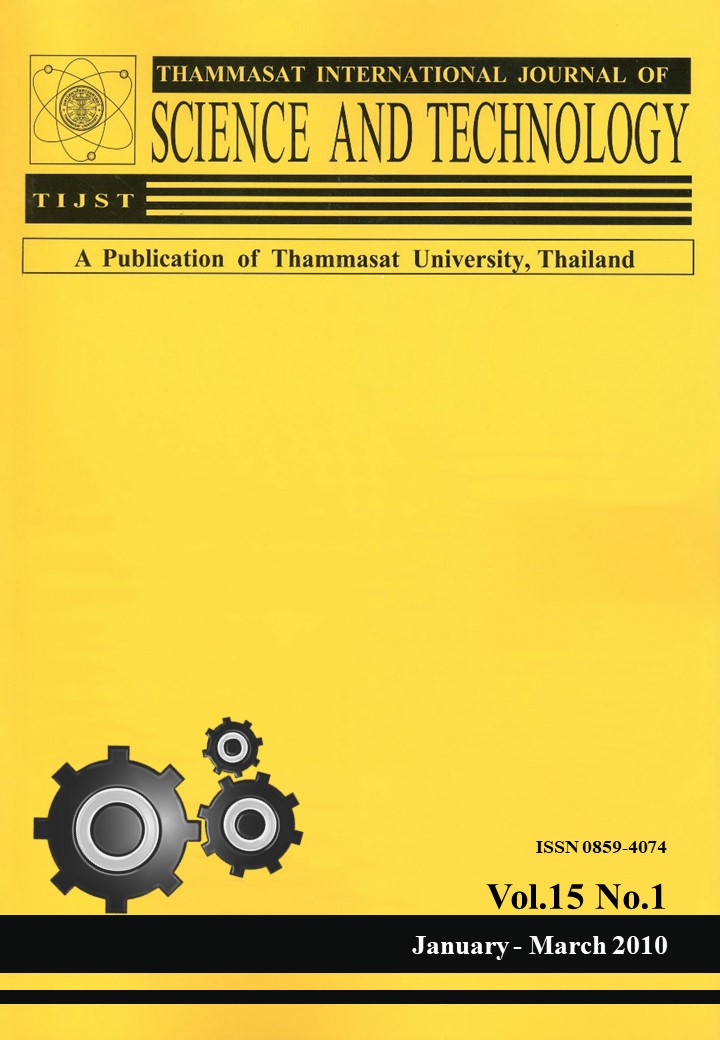The Effectiveness of Health Promotion Behavior Program (HPBP) in Thai Hypertensive Patients
Main Article Content
Abstract
The purpose of this study is to examine the effect of Health Promotion Behavior Program (HPBP) in Thai hypertensive patients. A quasi-experimental study design was employed by obtaining samples from experimental and control groups. Each group is comprised of 22 participants, who are 35-59 years old, grade I hypertensive without complication of cardiovascular, respiratory, or skeletal diseases. The experimental group participated in the HPBP, but not in the control group. This program consisted of health education strategies, respiratory and exercise practical skill, care giver supporting, telephone counseling and home visiting for an 8-week period. The interview, questionnaires, respiratory, and exercise time records were collected and analyzed by Paired t-test and ANCOVA.
The results showed a statistically significant difference between groups. The experiment group had higher mean scores than the control group in several aspects including health perception status (p < .001), stress management behaviors (p =.006). However, the experiment group had lower mean scores in waist circumference (p =.004), respiratory rate (P =.005), diastolic blood pressure (p< .001). Within the experimental group, improvement after the treatment was shown in health perception status (p =.005), stress-management behaviors (p =.006), but decreased mean scores in waist circumference (p =.003), respiratory rate (p =.011), systolic blood pressure (p=.02), and diastolic blood pressure (p< .001). In summary, HPBP should be recommended for home-visit nurses in the development of intervention programs for hypertensive patients.


